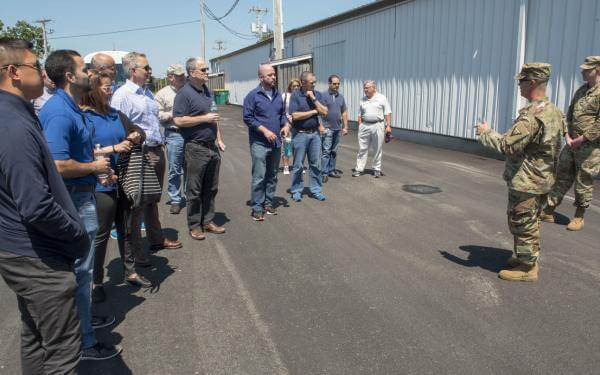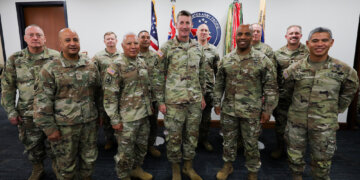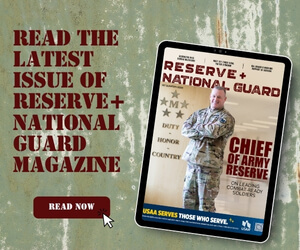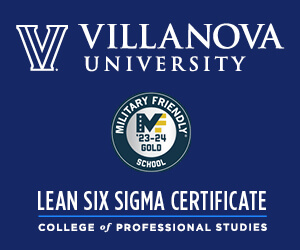Most members of the reserve or National Guard know something about Employer Support of the Guard and Reserve (ESGR) — they certainly have heard the acronym, and likely know it is an organization within the DoD that helps facilitate understanding between reserve component members and their civilian employers.
But many may not know all of the ways that ESGR can help them — particularly at times of deployment and reintegration.
Nearly half of our military force resides in the National Guard and reserve. Ensuring that the reserve component maintains a constant state of readiness is paramount to the success of the force.
A big part of that effectiveness comes from finding a balance between a Guardsman’s or reservist’s civilian job and military career. ESGR aids in the success by conducting courses to educate the parties on the Uniformed Services Employment and Reemployment Rights Act (USERRA), mediating between the two when conflict arises, and recognizing when employers are exceedingly supportive of their reserve component employees.
“When reservists do their annual training, we have volunteers conduct training to let service members know their rights in regard to ESGR,” said Brian LeBlanc, a Reserve component coordinator with Marine Forces Reserve.
Employers and employees are both responsible for following USERRA. Some of the conflicts involving USERRA include the employer wrongfully terminating the service member, or the service member not informing the employer of when they have upcoming drill weekends or deployments.
“If a service member deploys, and they come back and their employer terminates them from their job, that’s illegal,” LeBlanc said. “So we inform them of those rights.”
Not only does ESGR support and protect the service member, it also supports the employer by protection through USERRA and by awarding outstanding support of the reserve service member who is employed.
“We support both the employer and the service member,” LeBlanc said.
ESGR PROVIDES SERVICE MEMBERS:
- Samples of military leave of absence forms, sample letters, service policies, and tips to help you avoid employment challenges
- Wallet cards and other resources to help you understand your rights and responsibilities under USERRA ESGR volunteers attend mobilization/demobilization briefings to answer questions. Call ESGR toll-free at 1-800-336-4590, visit the website or contact your local National Guard or reserve unit for more information — Lance Cpl. Tessa Watts, Marine Forces Reserve, contributed to this article .
ESGR advice
Many employment challenges can be avoided by being candid with your employer about your obligations as a service member.
Be sure to:
- Tell your employer about your military assignment and skills you have gained in the military. •Know your rights and responsibilities outlined by USERRA
- *Mandatory* Provide your employer/supervisor with drill schedules, annual training plans and any extra time-off requirements, preferably in writing, as early as possible
- Be aware that short active duty tours, exercises, and years of active duty for non-contingency operations are generally subject to a cumulative 5-year time limit under USERRA; after that limit is reached, you may no longer have reemployment rights
- Your employer is not obligated to reschedule you to make up work missed while you are per- forming military service, unless employees who miss work for non-military reasons are afforded that opportunity also; further, you cannot be required to find replacement workers for shifts you miss during military service
- You are allowed to use earned vacation while performing military service, but you cannot be required to do so
- The law requires the employer to provide only an unpaid leave of absence for your time away; more information is available from the Office of Personnel Management site and Department of Labor. If your employer goes above and beyond before, during or after your deployment, show your appreciation by nominating your supervisor or organization for an ESGR award.








































